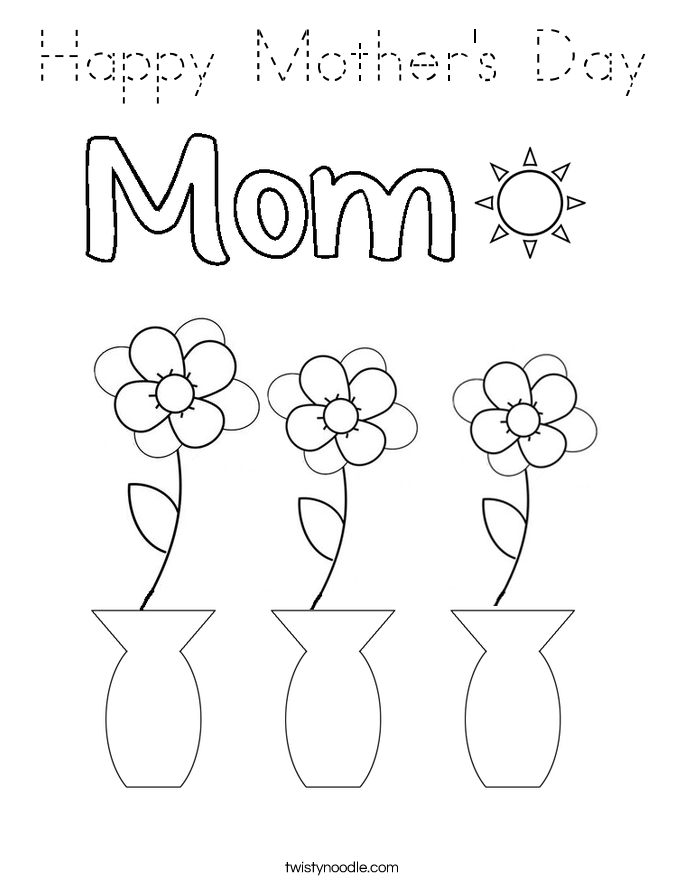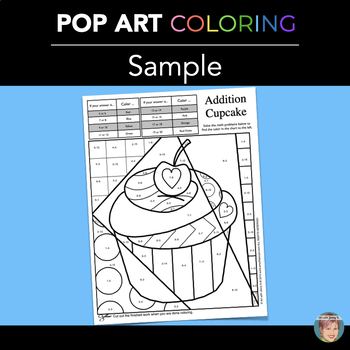Pin on art
Table of Contents
Table of Contents
Are you a fan of comics and watercolor paintings? If so, you’re in luck! Comic watercolor art has been growing in popularity in recent years, and for good reason. This unique style of art combines the vivid, bold colors of traditional comic book illustrations with the delicate, expressive brushstrokes of watercolor paintings, creating a stunning and visually captivating result.
What are the pain points of comic watercolor?
Comic watercolor art can be a challenging medium to work with, as it requires a high level of skill and technique to master. One of the biggest struggles artists face is finding the balance between bold, comic-style line work and the more subtle, nuanced shades and textures of watercolor paints. Additionally, since watercolor paints can be difficult to control, artists must have a strong understanding of color theory and composition in order to create visually cohesive and balanced pieces.
What is the target of comic watercolor?
The target of comic watercolor is to create visually stunning and unique artworks that blend the bold aesthetics of comic book illustrations with the expressive, fluid qualities of watercolor paintings. The end result is a style that is both dynamic and immersive, drawing viewers into the worlds depicted on the paper.
What are the main points of comic watercolor?
Comic watercolor is a combination of comic book-style line work and watercolor painting techniques. This medium can be challenging to work with due to the need for a balance between the two styles, as well as a strong understanding of color theory and composition. The target of comic watercolor is to create visually stunning and dynamic artworks that seamlessly blend these two styles.
How does comic watercolor work?
Comic watercolor works by using bold, black line work to create dynamic illustrations, then filling in the spaces between the lines with delicate layers of watercolor paint. The resulting pieces are a stunning combination of the bold, comic book aesthetic and the fluid, expressive nature of watercolor painting.
My personal experience with comic watercolor has been both challenging and rewarding. The medium requires a great deal of practice and patience to master, but the end result is always worth the effort. The ability to seamlessly blend the bold, graphic nature of comics with the delicate, organic feel of watercolor paint is truly unique and captivating.
What are some tips for working with comic watercolor?
One tip for working with comic watercolor is to start with a solid understanding of color theory and composition. This will help you to create visually balanced pieces that are both aesthetically pleasing and emotionally impactful. It’s also important to practice mindfulness and patience when working with watercolor paints, as they can be difficult to control and require a delicate touch.
How can I achieve a strong grasp of color theory when working with comic watercolor?
One way to achieve a strong grasp of color theory is to study various color combinations and their associations with emotions and moods. You can also experiment with different color schemes and combinations to see what works well and what doesn’t.
How can I improve my watercolor technique when working with comic watercolor?
Improving your watercolor technique involves practicing mindfulness and patience when working with the paints, as well as experimenting with different brush strokes and layering techniques. It can also be helpful to study the works of other artists who specialize in watercolor painting in order to gain insight and inspiration.
Question and Answer
Q: What materials do I need to start working with comic watercolor?
A: To start working with comic watercolor, you will need high-quality watercolor paints, brushes, watercolor paper, and black ink pens.
Q: Is it necessary to have experience with both comics and watercolor painting in order to work with comic watercolor?
A: While it may be helpful to have some experience in either comics or watercolor painting, it is not necessary. With practice and patience, anyone can learn to work with comic watercolor.
Q: What is the best way to approach composition when working with comic watercolor?
A: When approaching composition in comic watercolor, it’s important to consider both the bold, graphic nature of comics and the delicate, organic feel of watercolor painting. Paying attention to color theory can also help in creating compositions that are both aesthetically pleasing and emotionally impactful.
Q: Are there any specific techniques or best practices for creating dynamic illustrations with comic watercolor?
A: Experimenting with brush strokes, layering techniques, and color combinations can all help to create dynamic illustrations with comic watercolor. It’s also important to pay attention to the balance of line work and watercolor painting, as well as the overall composition of the piece.
Conclusion
Comic watercolor is a breathtaking and captivating medium that seamlessly combines the bold aesthetics of comic books with the delicate, expressive brushstrokes of watercolor painting. While it can be a challenging medium to work with, the end result is always worth the effort. With a strong understanding of color theory, composition, and watercolor painting techniques, anyone can begin creating stunning comic watercolor pieces that truly capture the imagination.
Gallery
Watercolor Comic Book Paintings By Alex Maleev | Cuded
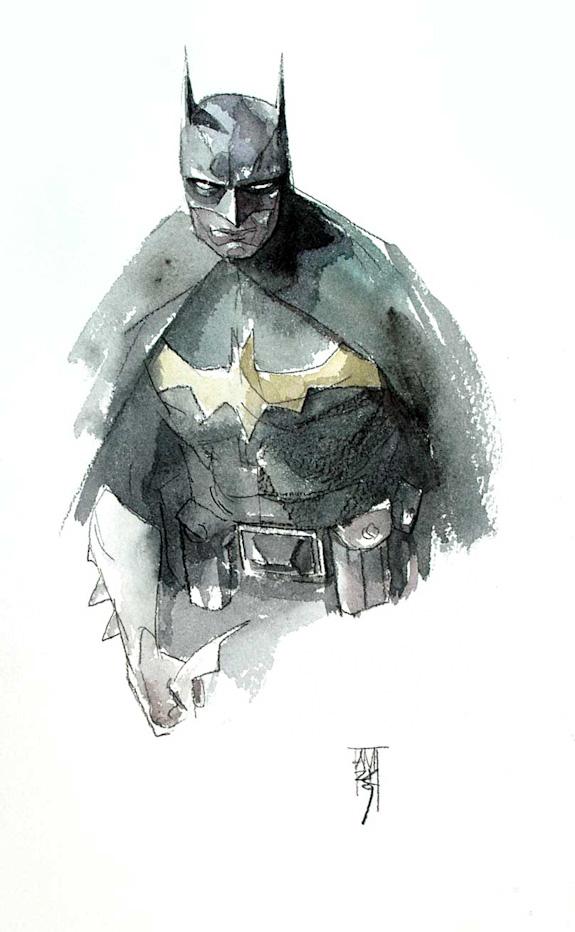
Photo Credit by: bing.com / maleev cuded kiko
Pin On Art!

Photo Credit by: bing.com / novels
Watercolor Comic Book Paintings By Alex Maleev
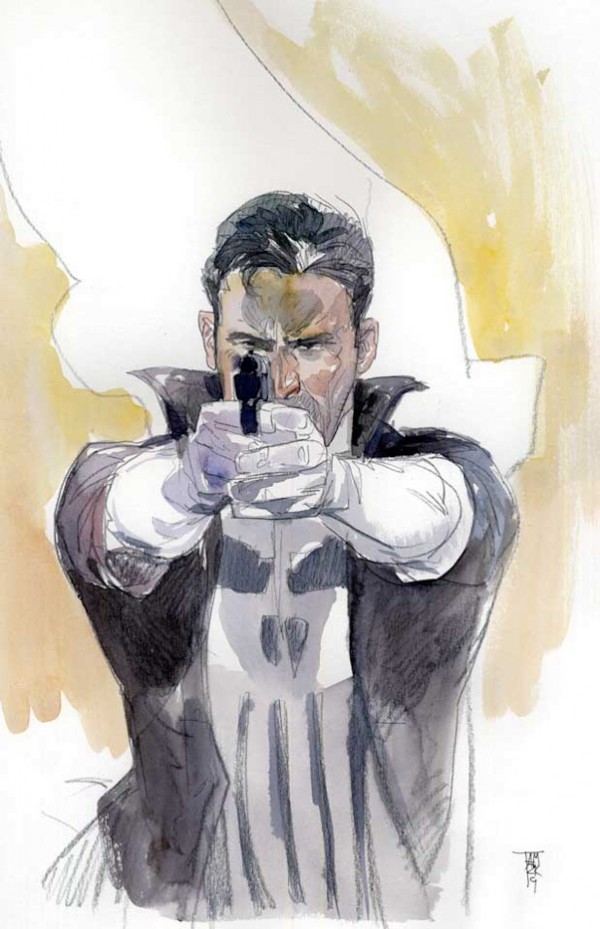
Photo Credit by: bing.com / comic watercolor book alex maleev paintings punisher books artist bulgarian illustrator born choose board
Comic Book Sample Watercolor By RodGallery On DeviantArt

Photo Credit by: bing.com /
Watercolor Basics: The Difference Between Watercolor For Illustration
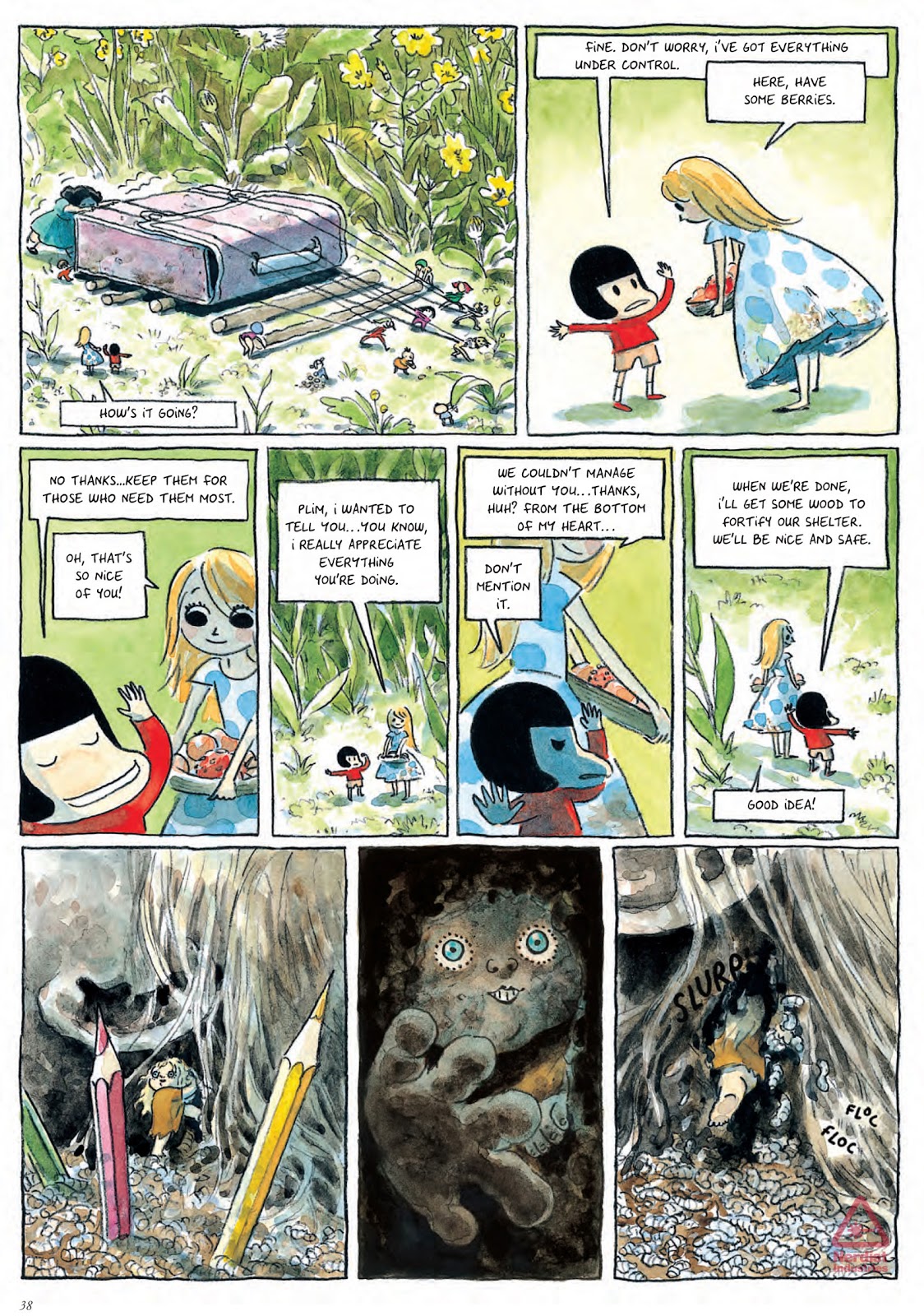
Photo Credit by: bing.com / watercolor beautiful comic darkness comics fabien nerdist coloring
